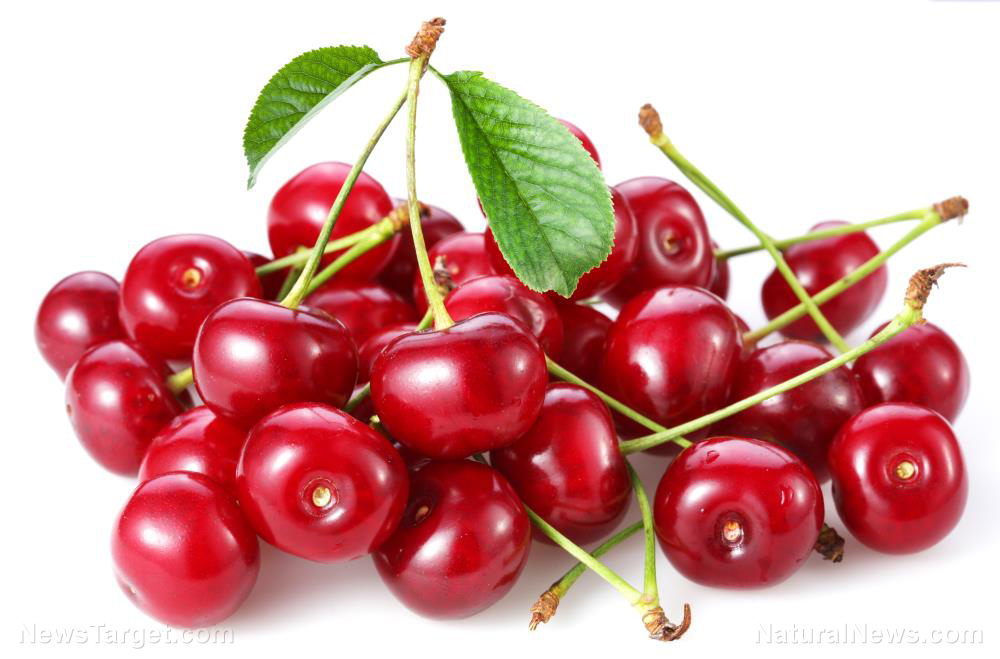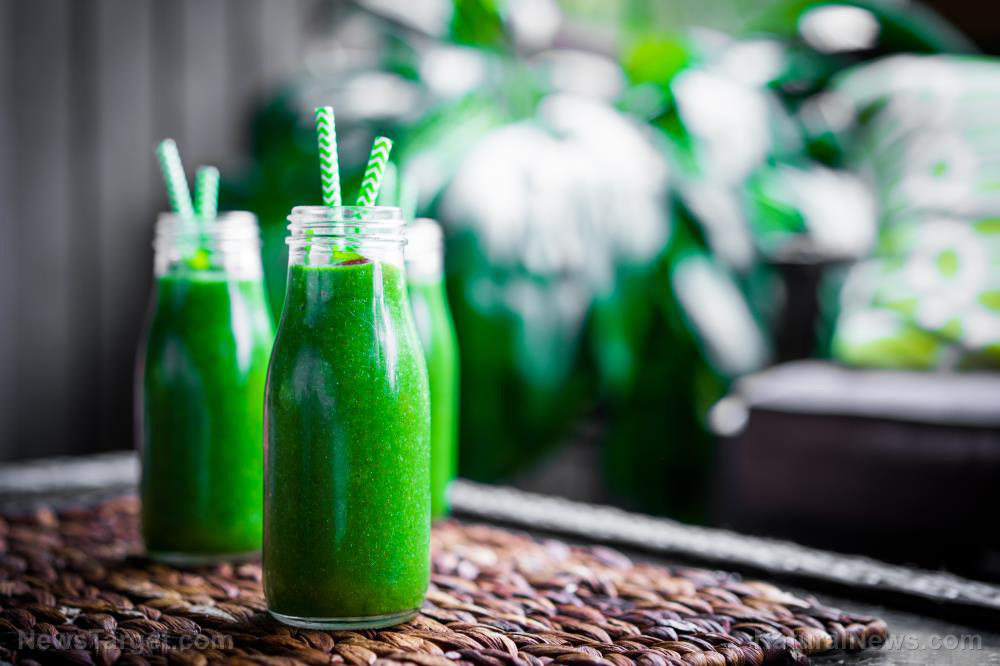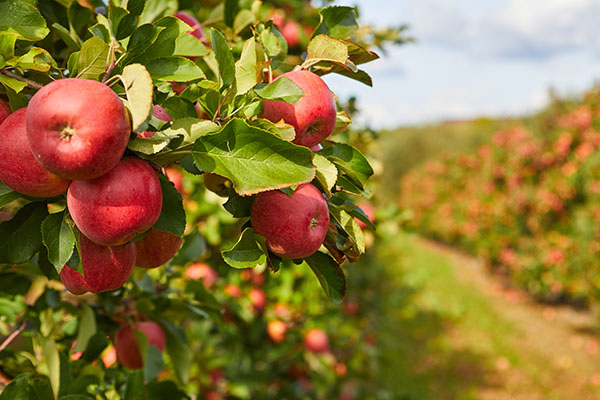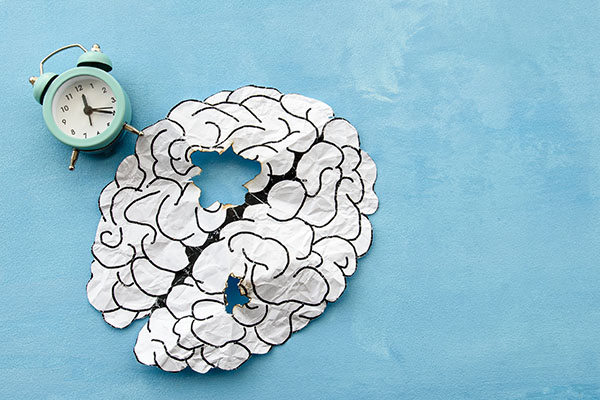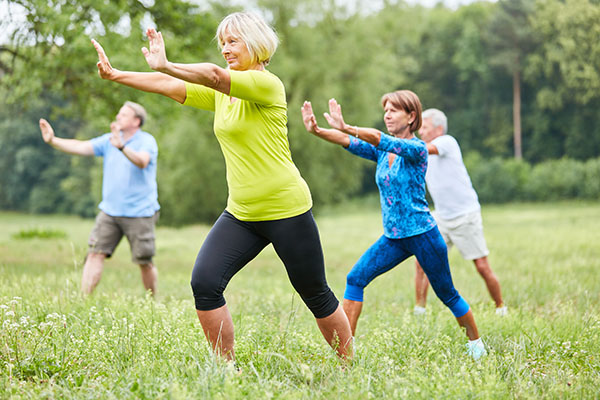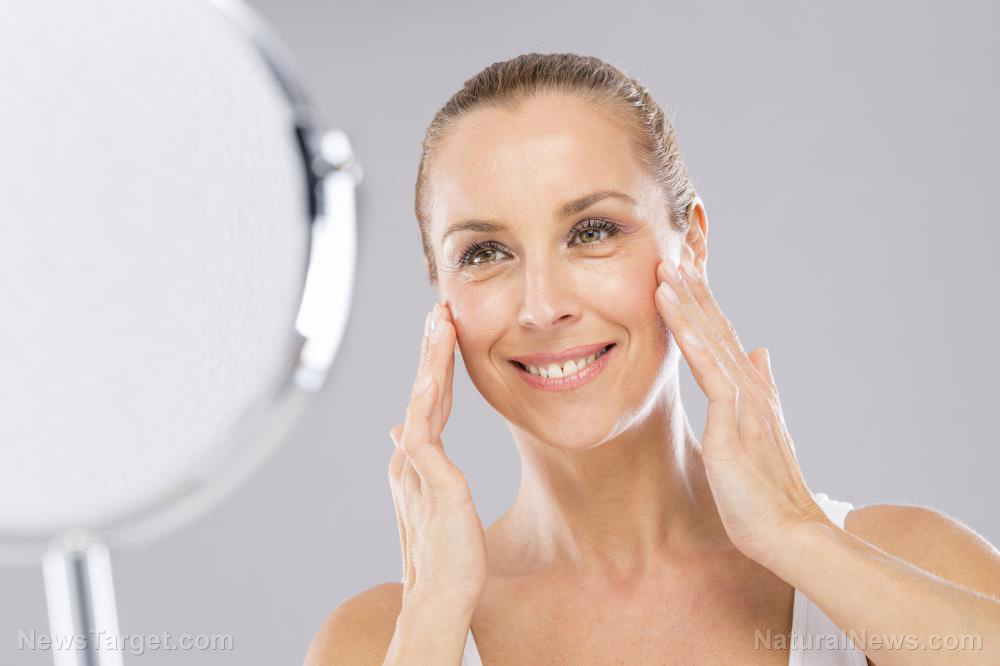Theanine tea and mushroom compound calms brain, boosts heart health
06/19/2023 / By Ethan Huff

Could a simple nutrient compound found in green tea and some mushrooms be the key to easing your post-covid anxiety woes? A plethora of research suggests so.
That nutrient is known as theanine, and science says its consumption can help to improve brain and heart health, as well increase longevity. People with autism may also benefit from theanine consumption, according to a 2015 paper published in the journal Current Opinion in Psychiatry.
Motivational speaker and health advocate Terri Hirning says she has been successfully using theanine as a treatment for her autistic son for more than a decade.
“Some also find theanine helpful for night wakeups where your mind just won’t shut off,” Hirning stated.
Quelling anxiety is just one of the many things that theanine does, though. The amino acid, which is similar in structure to glutamic acid and glutamine, plays a vital role in many different bodily functions, including protein synthesis and neurotransmission.
It comes in two forms: L-theanine and D-theanine. Both forms are identical in composition, containing the same number of carbon, hydrogen, nitrogen, and oxygen atoms, but different in the placement of the OH group.
The L form is most commonly found in nature and is also the most bioavailable, making it a better choice when consumed as a dietary supplement.
(Related: Did you know that green tea is one of many natural remedies for covid (along with zinc and hydroxychloroquine)?)
Theanine is both neuroprotective and neuro-regenerative: it helps build new brain cells
Despite its relationship to glutamic acid and glutamine, theanine is not the same thing as an excitatory glutamate such as in the form of monosodium glutamate. In fact, theanine helps protect the body against excitatory glutamate, delaying neuron death following a stroke and even helping to promote the growth of new brain cells, a process known as neurogenesis.
Research out of the Netherlands also found that theanine helps to level out brain function, particularly in people who suffer from depression. It does this by increasing alpha wave activity in the brain, which is indicative of a relaxed state.
Children with neurodevelopmental disorders such as autism suffer from GABA signaling issues and reduced executive function, both of which can be addressed through the use of theanine. Theanine helps to normalize dopamine, serotonin, and GABA signaling disturbances in the brain, improving cognition.
One thing to keep in mind is that in nature, theanine tends to come with caffeine such as in the case of green and black tea. Shade-grown green tea and matcha powder are especially rich in theanine, which is a good pairing since studies suggest that theanine works best when consumed alongside caffeine.
Two big reasons why theanine works so well to improve cognition has to do with the compound’s excitatory resemblance to glutamine – it activates the brain without causing the damage that monosodium glutamate causes. Theanine also passes through the blood-brain barrier, allowing the brain to easily access its benefits.
A 2021 study out of Japan found that aging adults who consumed theanine demonstrated better attention, working memory, and executive function after just a single dose of 100 milligrams, which is about four times the amount found in a cup of green tea.
“A single dose of L-theanine reduced reaction time in the attention task and increased correct answers and decreased the number of omission errors in the working memory task, which suggests L-theanine may improve working memory and executive function,” researchers concluded.
As for its heart benefits, theanine was found in another study, also out of Japan, to lower stress and blood pressure levels.
The latest news about healing, functional foods and nutrients can be found at Cures.news.
Sources for this article include:
Submit a correction >>
Tagged Under:
alternative medicine, Brain, brain health, Censored Science, Cures, food science, green tea, health, Heart, heart health, Mushrooms, natural remedies, nutrition, supplement, tea, theanine
This article may contain statements that reflect the opinion of the author
RECENT NEWS & ARTICLES
AntiAgingScience.News is a fact-based public education website published by Anti Aging Science News Features, LLC.
All content copyright © 2018 by Anti Aging Science News Features, LLC.
Contact Us with Tips or Corrections
All trademarks, registered trademarks and servicemarks mentioned on this site are the property of their respective owners.

